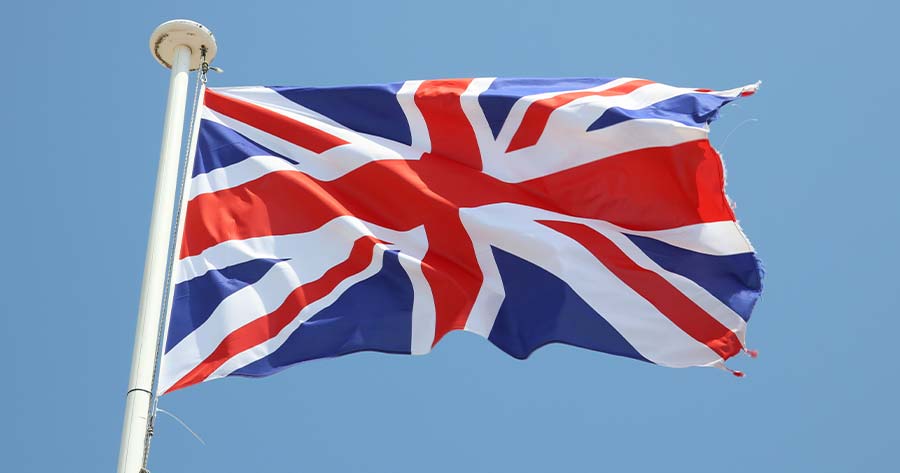This week, global markets faced renewed turbulence following U.S. President Donald Trump’s announcement of new tariffs on imports from some of the nation’s major trading allies, including Mexico, Canada, and China.
However, as both of the North American nations agreed to strengthen their measures against the smuggling of opioid fentanyl into the U.S., Trump, on Monday, temporarily deferred the implementation of 25% tariffs on goods from them for 30 days.
In contrast, no such grace period was granted to China, which is subject to 10% tariffs on its exports to the U.S. In retaliation, the world’s second-largest economy announced tariffs of up to 15% on selected American products.
In Europe, the region also risks facing the consequences of Trump’s tariff strategy, as the U.S. president hinted at forthcoming tariffs on the European Union. On the other hand, Trump suggested that a trade agreement with the United Kingdom might be achievable, given a more balanced trade relationship.
The U.K. Prime Minister Keir Starmer indicated discussions with Trump on trade matters, emphasizing neutrality without favoring the U.S. over the EU, as per CNBC citing a report by The Guardian.
Last month, U.K. Finance Minister Rachel Reeves emphasized that Britain is not a contributor to the trade imbalances prompting Trump’s tariff measures. Notably, the U.S. stands as the U.K.’s largest trading partner in the year to September 2024, representing over 17% of the U.K.’s trade.
Following these developments, some analysts suggest that the U.K. might potentially capitalize on the ongoing U.S. trade conflicts. If the negotiations align favorably, Trump’s trade tensions could inadvertently aid the struggling British economy, potentially stimulating economic growth.
According to a CNBC report, Irina Surdu-Nardella from Warwick Business School stated that the potential tariffs might have a limited effect on the U.K. economy, which is predominantly service-focused and exports mainly banking and consultancy services to the U.S.
Neri Karra Sillaman of the University of Oxford’s Said Business School noted that maintaining a tariff-free status could uniquely position the U.K. to draw in investment, talent, and forge new trade partnerships. As tariffs drive companies to seek more cost-effective locations, the British economy could emerge as a favored gateway for businesses aiming to circumvent trade restrictions.
Alex King, former FX trader and founder of Generation Money, disclosed that the British pound could emerge as a key beneficiary in a trade war, having already appreciated against the euro, the Canadian dollar, and Australia and New Zealand’s currencies following Trump’s recent tariff announcements, signaling that global investors might view the U.K. as a safe haven.





